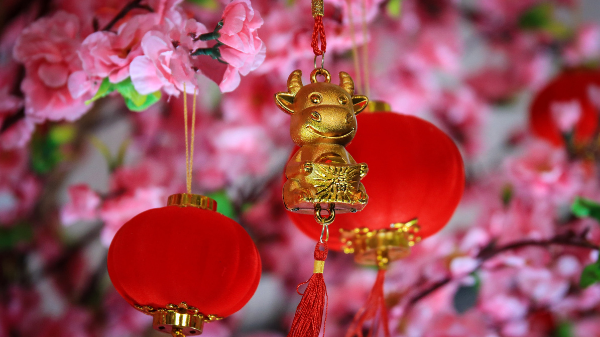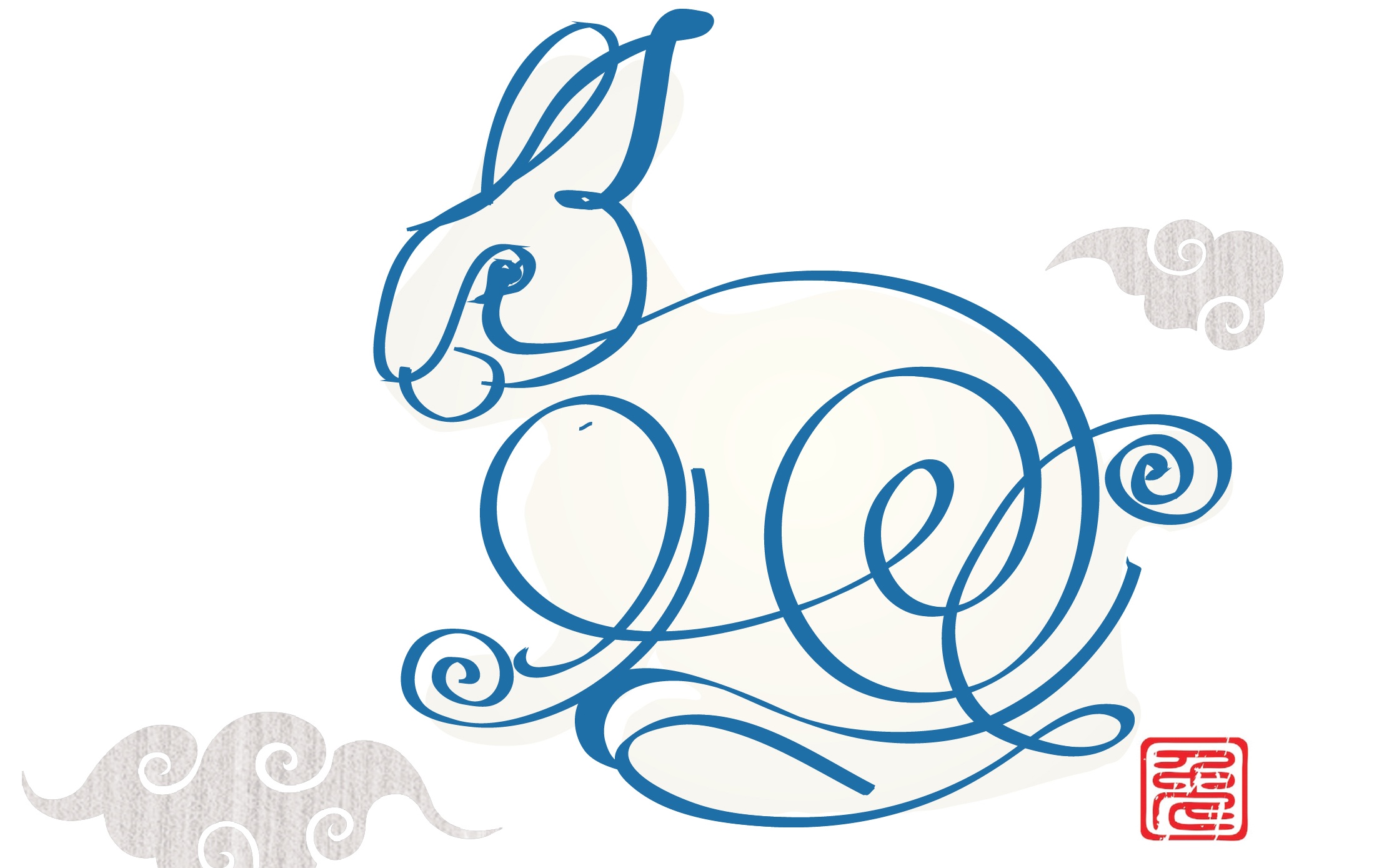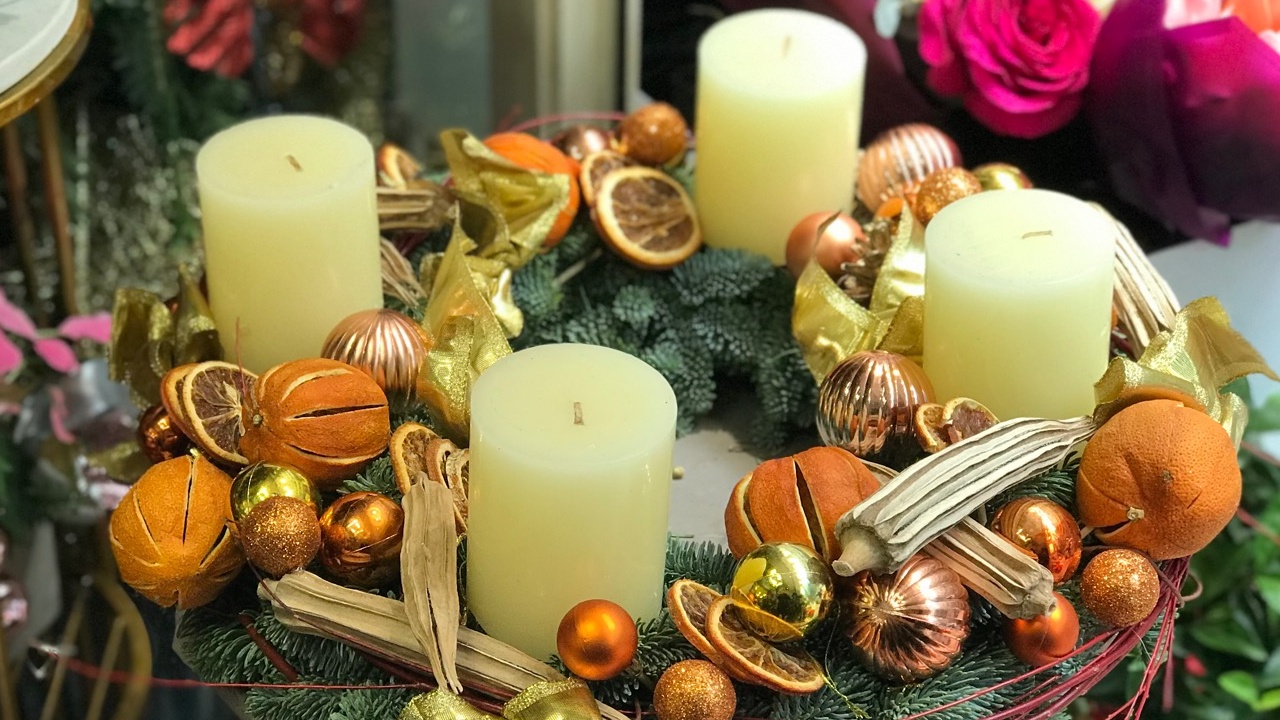
Eight myths and taboos behind common Lunar New Year traditions
Chinese New Year, otherwise known as the Spring Festival, marks the first moon of the lunisolar calendar year traditionally used in East Asian countries including China. It is an exuberant celebration, with festivities stretches over two weeks, including traditional rituals that follow traditions rooted in centuries-old folklores. From fire crackers and red packets to an array of strict practices, below we track some of the interesting origins of the myths and taboos behind Lunar New Year customs.
- Lucky colour red and firecrackers
Legend has it that the ferocious monster Nián (年) – a word that also means ‘year’ – would emerge from the sea at the end of each year to feast on humans and livestock. An old man sought refuge in a villager’s home, and in exchange, he promised to defeat the monster. He decorated the house with the colour red, lit candles and jumped at the monster dressed in red while firecrackers burst in the background, eventually succeeding in scaring it away. The tale explains the belief behind the auspicious colour red that lavishly decorates, seemingly every acreage of the city. Firecrackers, too, are annual features believed to scare away evil. Another tradition beloved by locals young and old are the acrobatic Lion Dance performances that parade the streets, entertaining bystanders with the tale of Nian’s defeat.
- Rhyming couplets on doors
It is almost impossible to find a front door without Chinese calligraphy painted (or printed) on red paper affixed onto them. Although alluring, these signs are more than just decorative. In fact, it is believed that they can usher in good fortune, protect against evil spirits and safe guard homes. These diamond-shaped signs – featuring the words ‘prosperity’, ‘health’ or ‘happiness’ – are commonly pasted in an upturned fashion as the Chinese word ‘upside down’ sound similar to the word ‘come’. Rhyming couplets hung on each side of the door are also traditional features that invite in good luck.
- Red Money Pockets
It was said that an evil spirit named Sui would appear on New Year’s Eve and pat the heads of sleeping children. These unfortunate youngsters would consequently wake up in a fever. Traditionally, money in red envelopes (Lai See) would be given to the young by elders to protect them from evil and bless them with good luck and happiness. This is perhaps the most enjoyable part of the festivities, unless the person is a senior or is married.
- No sweeping the floor
Sweeping and throwing out garbage is said to be bad luck between the first and fourth lunar day. Apparently, doing so would sweep away any gathered good luck that has been invited into the home. Washing dishes and bathing are also a no-go during those three days, which explains why one of the major preparations for the lunar celebrations is to clean, bathe, and buy new furniture and new clothes prior to the first day of Chinese New Year. - Closed for business
In Hong Kong it isn’t unlikely to see shops and businesses closed for several days during Chinese New Year. This period is traditionally used solely to focus on family reunions. However, On the fifth day of New Year’s, it is believed that the gods of prosperity come down from the heavens. Businesses will often participate in setting off firecrackers as they believe it will bring them the gods’ attention, with prosperity and good fortune following in their wake. Keep in mind that borrowing money or knocking on someone’s door to ask for repayment of a debt will incur bad luck to both parties for the entire year. However, it becomes fair game after the 5th lunar day.
- Don’t use knives, forks or scissors
One of the biggest taboos to avoid during Lunar New Year is the use of knives and scissors – or indeed any sharp objects for that matter. According to popular belief, using sharp objects will cut your wealth and success short, which might explain why hair saloons are always closed during the festivities. It is also advised to avoid breaking things for this same reason. If you have the misfortune of doing so, an old wives’ tale claims that immediately wrapping the pieces in red paper while chanting auspicious phrases such as “suì suì píng ān” (岁岁平安) will ask the gods to ward off bad luck and bless them with good luck.
- Bad luck gifts
Other symbolisms of misfortune play a huge role in determining what presents to give – or rather, which items to avoid giving. In addition to sharp objects, it is widely believed that offering shoes and mirrors are associated with evil, while umbrellas would mean an inevitable break-up. Clocks and pears are also regarded as bad luck, with the former serving as a homophone for the words meaning ‘attending a funeral’, and the latter similarly pronounced to the Chinese word for ‘parting’. Objects that sound like the words ‘death’ or ‘sickness’ should also be avoided at all cost as they curse the recipient with an untimely passing and poor health. The number four, for instance, sounds like ‘death’ and is a major taboo in Chinese culture. - Don’t wake people up
Although New Year blessings are a joyful gesture of sharing happiness and well-wishes, it is said that blessing people who are still in bed will cause them to be bed-ridden for the entire year. A less scary superstition believed in times old is that husbands shouldn’t be woken up on New Year’s Day, lest he become a push-over and rushed around by his boss and peers in the 12 months to follow. This makes for the perfect time to sleep in, though with all the joyous festivities happening, it’s doubtful anyone would want to!













